“Woolston’s socially engaged practice elicits site-specific responses to environmental concerns and human agency. Her work across photography, moving image, installation and print explores eco-grief, climate anxiety, land rights and plant extinction within the extraction-rich geographical environment of Texas, USA. For the Art Galleries at TCU Woolston presents a new film and a series of discursive objects resulting from ideas and materials gathered during residency periods in Fort Worth (2019-22) and through collaboration with TCU’S Department of Psychology and BRIT, the Botanical Research Institute of Texas.”
— Sara-Jayne Parsons.
Director, The Art Galleries at TCU, Fort Worth Contemporary Arts, Texas


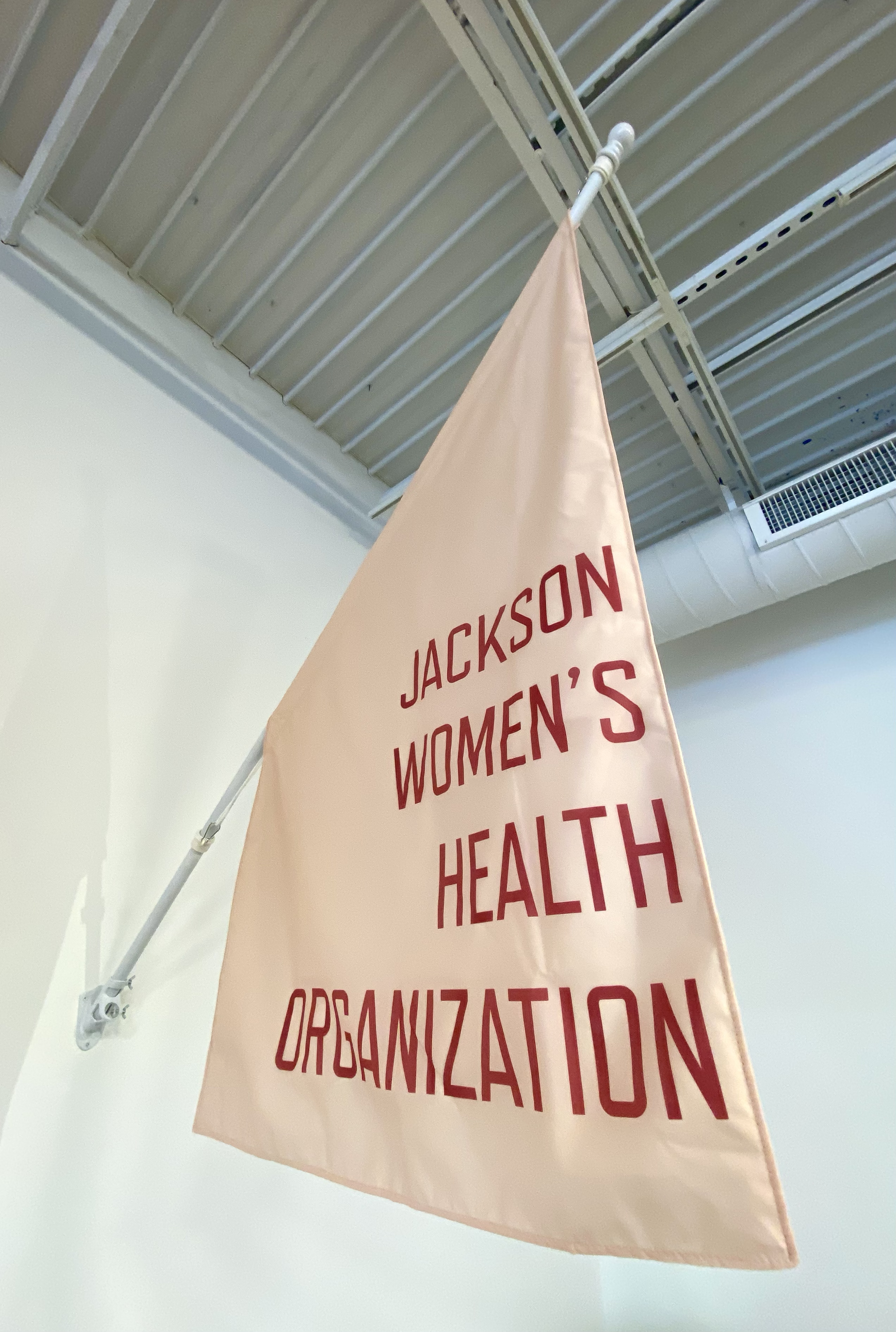
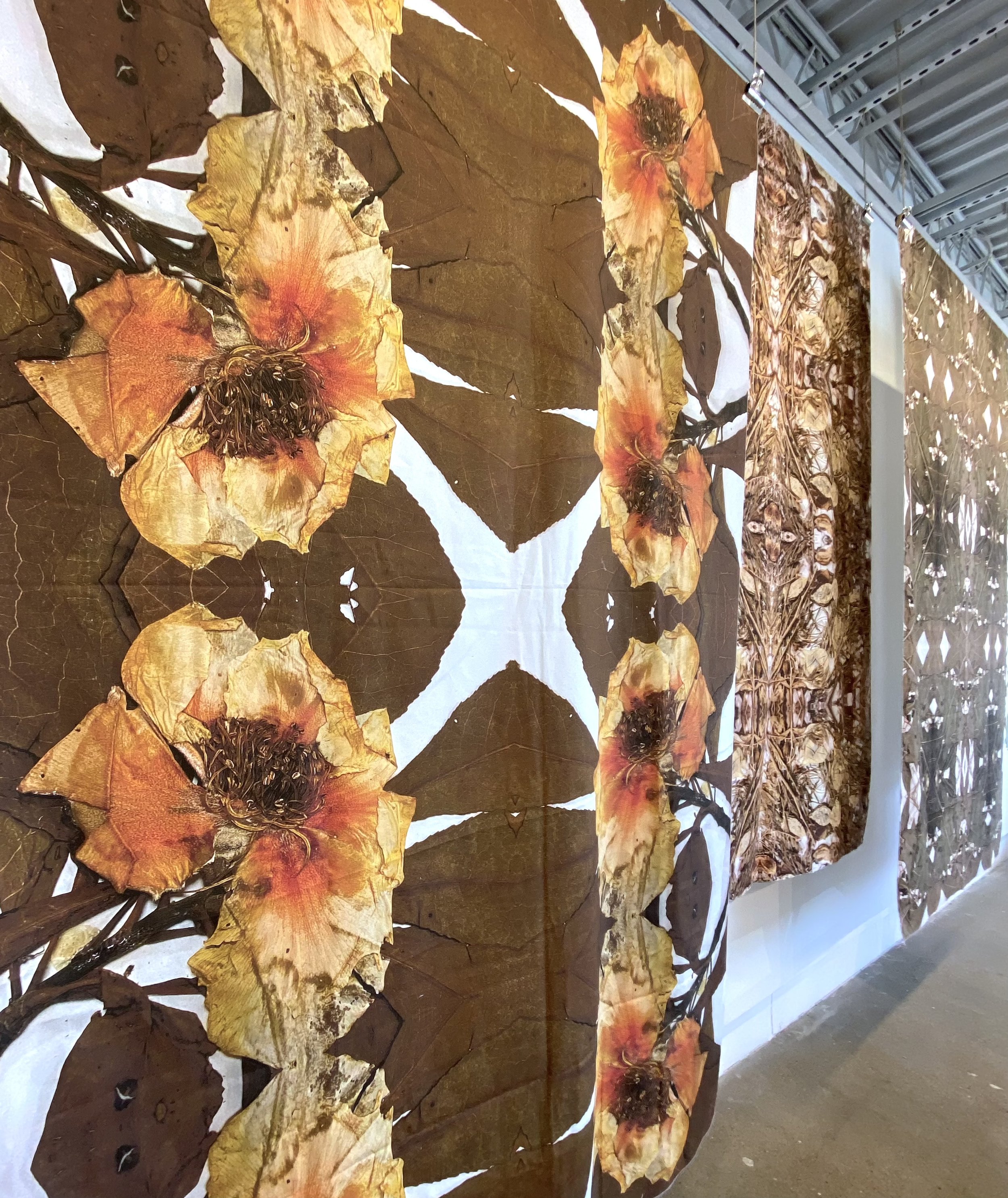

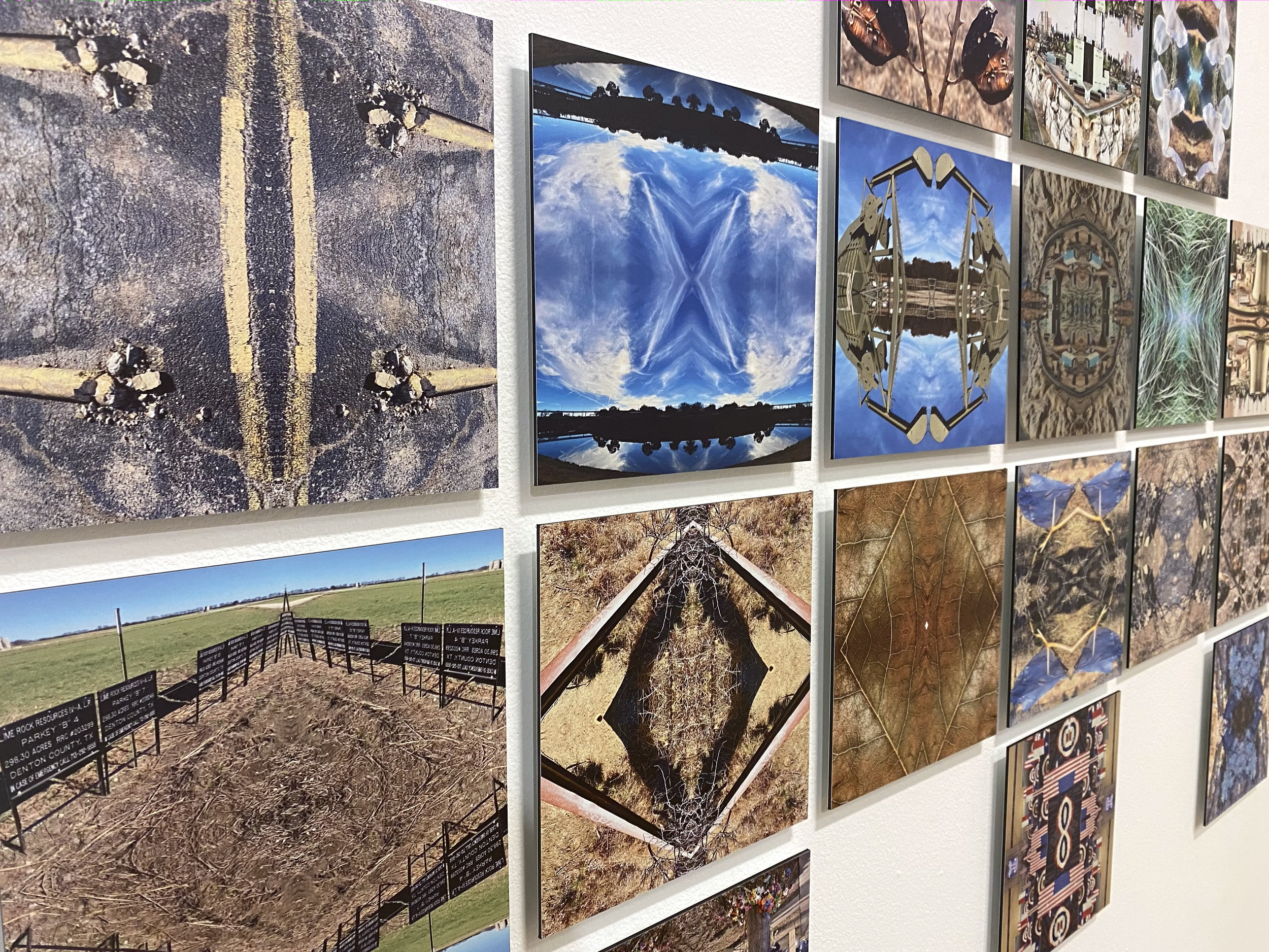
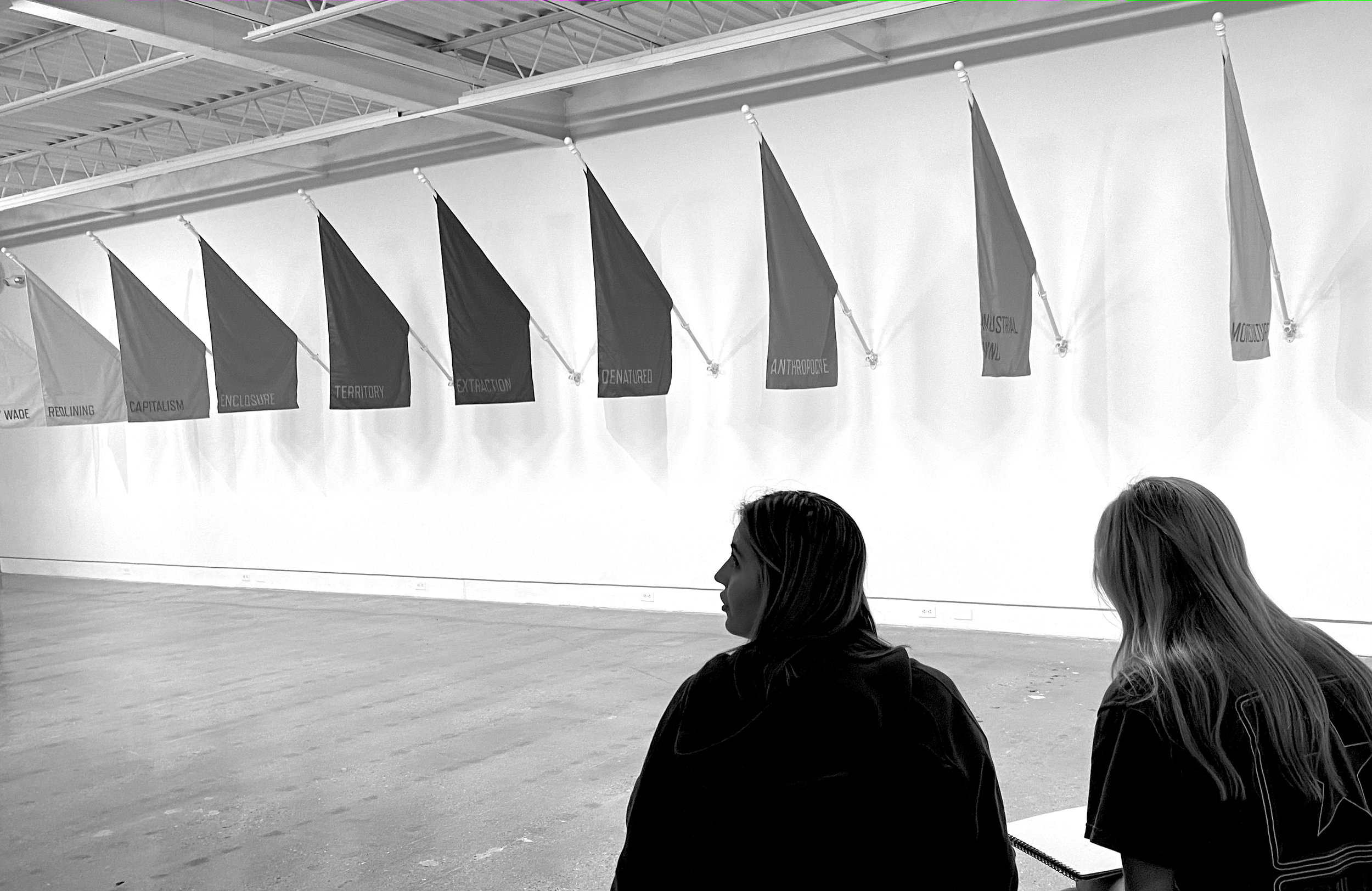
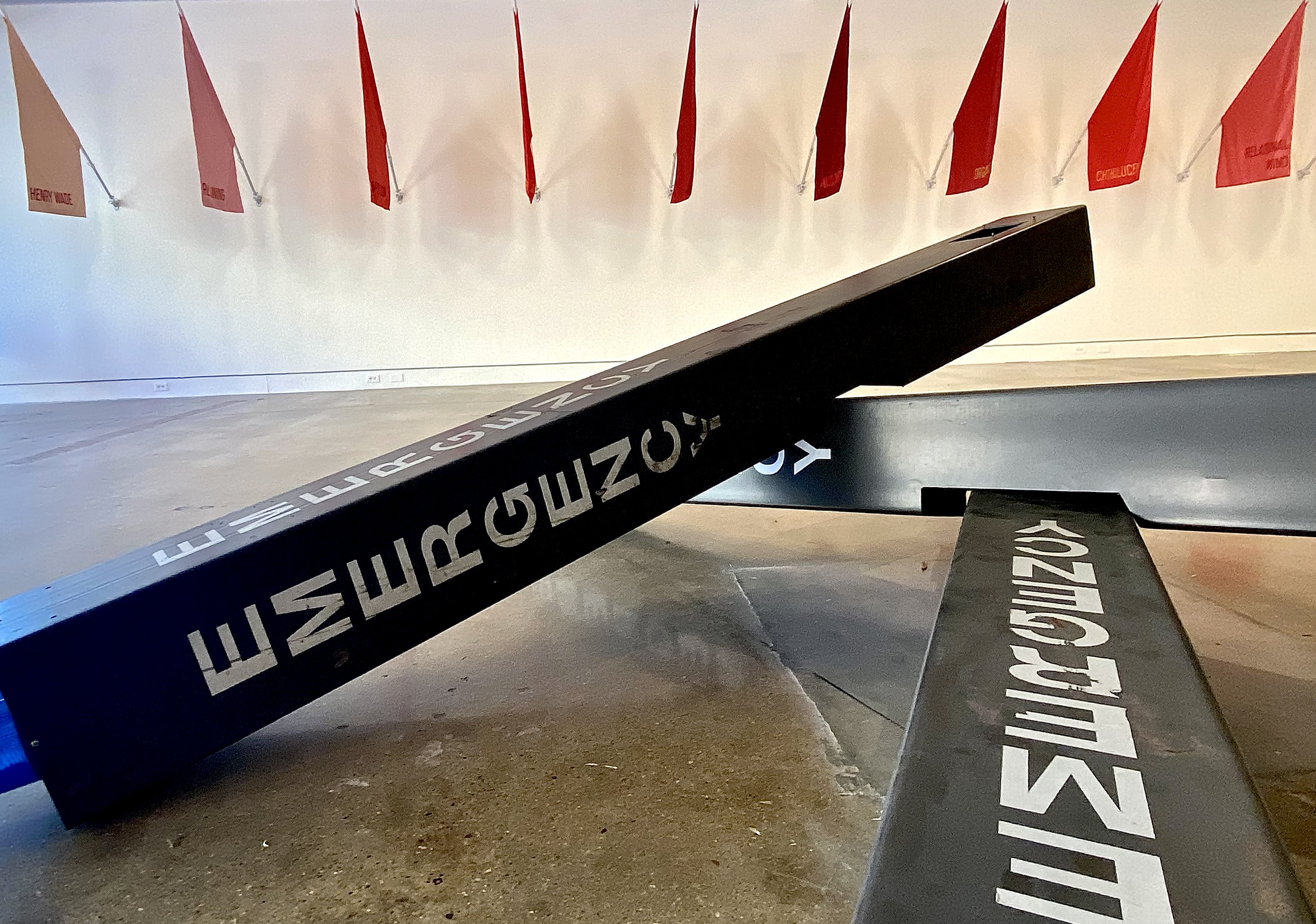

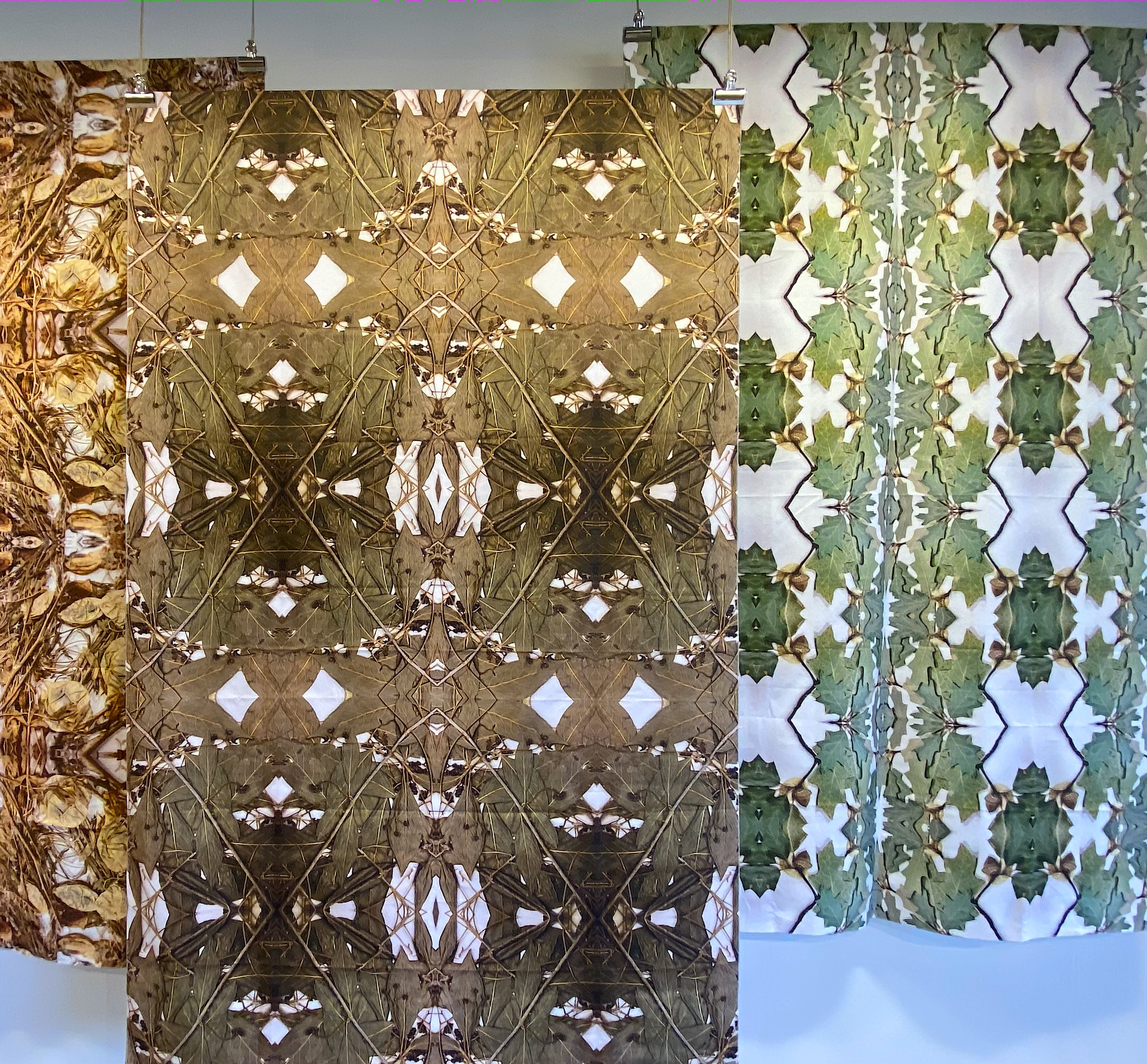
“The film, publication, photography, found-and-created objects, and the reflection spaces relate to one another; leading to a larger questioning of the frameworks and systems that perpetuate climate change. In this way, the exhibition functions as an ‘ecosystem,’ with each piece playing an independent and interconnected role… By collaborating with scientists and psychologists, Woolston also places herself within an interconnected system of agents working not only on visualising but also embodying the realities of climate change to the public.”
Shelby Bennett > Art Historian and Writer
Environmental Statement
-
Woolston is based in Scotland (UK) and during the course of her residency (2019-22) she has undertaken three research trips to Texas. All international travel has been carbon offset. Her contributions are supporting a reforestation project in Nicaragua, the second-poorest country in the western hemisphere, where small-scale farming families are reforesting unused sections of their land with native species. The programme combines practical nature conservation with the creation of new income sources for local families. She has also contributed towards tree planting within Scotland as part of the offsetting process.
-
The TCU emergency signs are ‘on loan’ and will be returned to the relevant department and re-used when/where they are next needed.
-
The kiosk banner flags (on poles) are made from post-consumer, recycled materials that have been used, recycled and re- purposed. 49,000 tonnes of greenhouse gases have been eliminated from the entire operating platform of the fabricator since 2017. They are committed to being Carbon Neutral by 2040 following a 1.5oC decarbonization pathway, exceeding the 2015 Paris Agreement. They have also converted 57% of their printing presses to LED curing, reducing their emissions by 473 tCO2e per year > tCO2e stands for tonnes (t) of carbon dioxide (CO2) equivalent (e). LED curing eliminates mercury- containing bulbs, eliminates ozone emissions, LED ink is 100% free of volatile organic compounds (VOCs) > Vistaprint
-
The four large fabric banners are printed on ethically sourced, 100% organic cotton canvas, using eco-friendly inks > Bags of Love / Contrado
-
The photographic prints on aluminium are produced in a factory that runs on 100% renewable energy and operates a ‘Zero Waste to Landfill’ policy across all of its operations. Since 2019 they have removed 48.6 tonnes of plastic from their packaging and are working towards achieving ISO 14001 in all production facilities. ISO 14001 is a list of requirements for an effective Environmental Management System (EMS) across management, stakeholders, employees, and customers that ensures that environmental impacts is being measured and continuously improved > Photobox
-
The replica agricultural tags are made from discarded material and are 100% recycled > www.smallscalecnc.co.uk
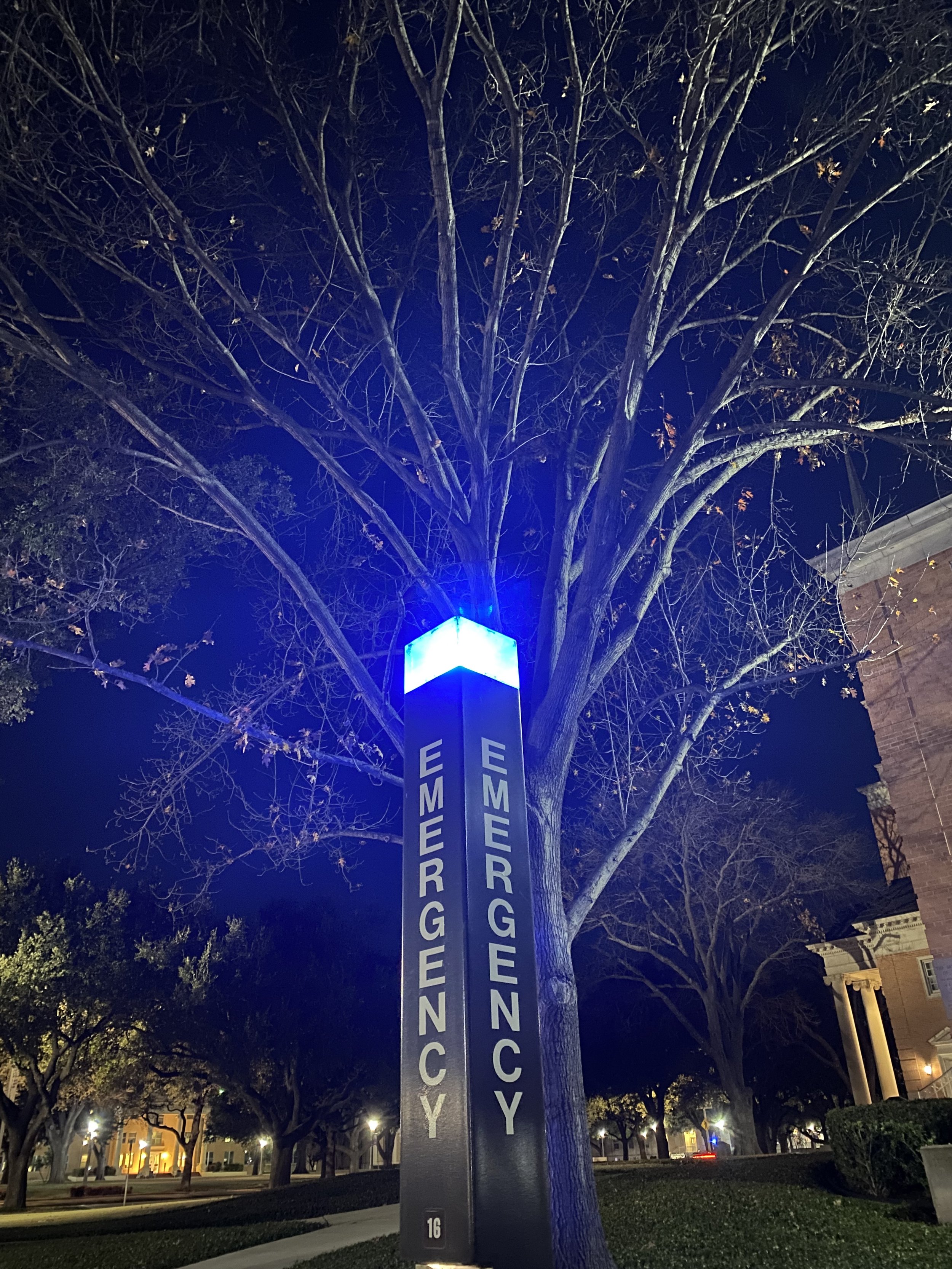
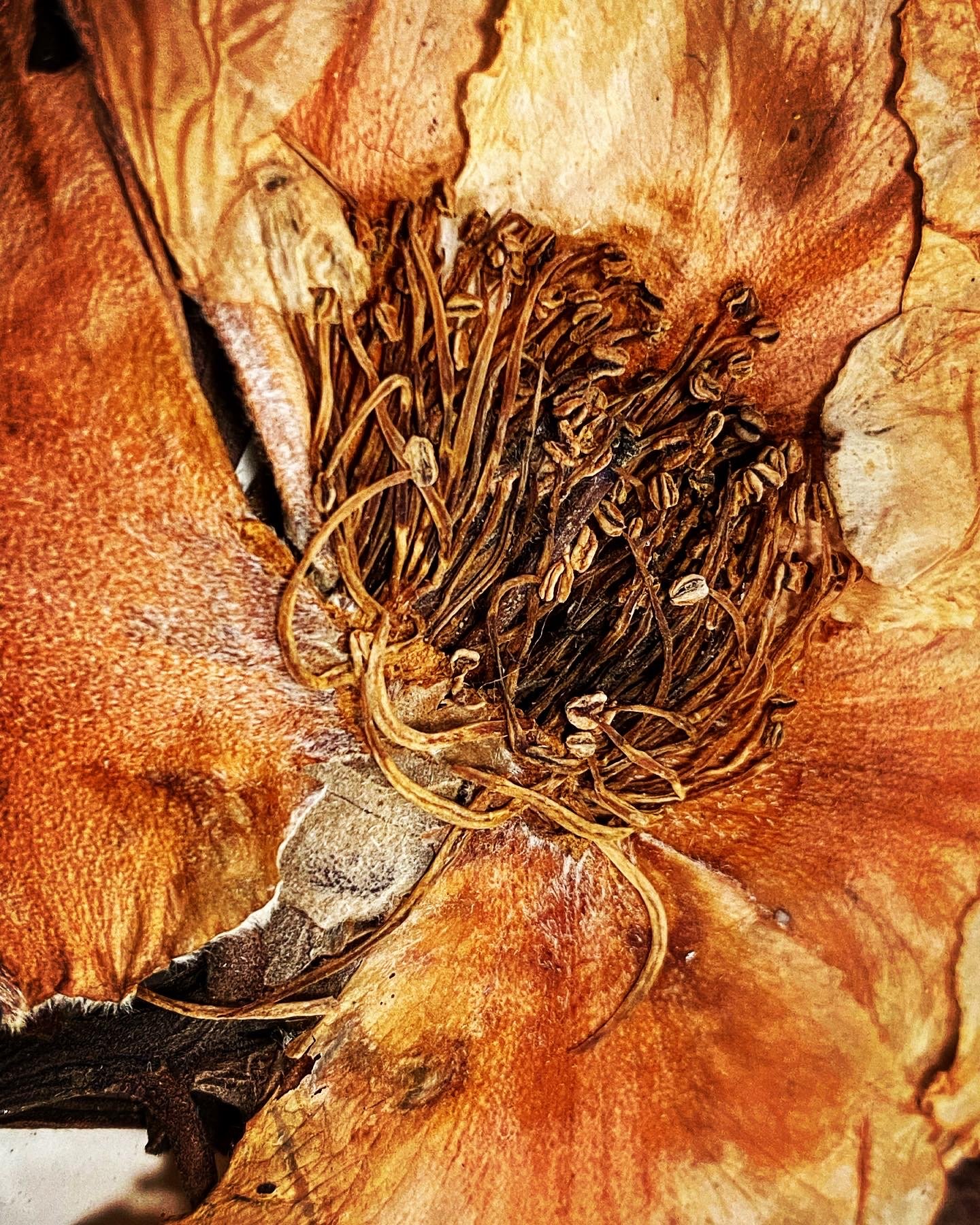
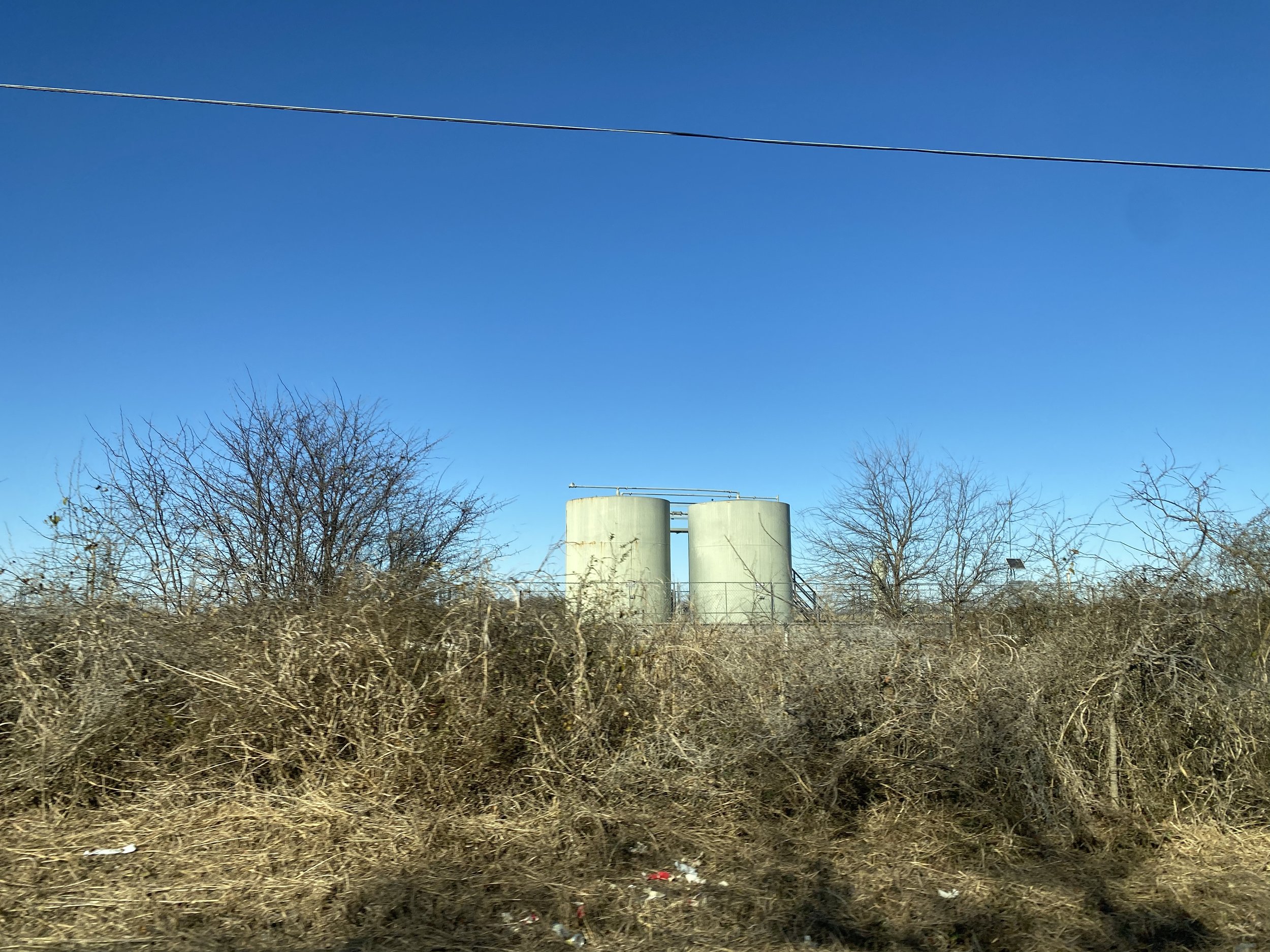
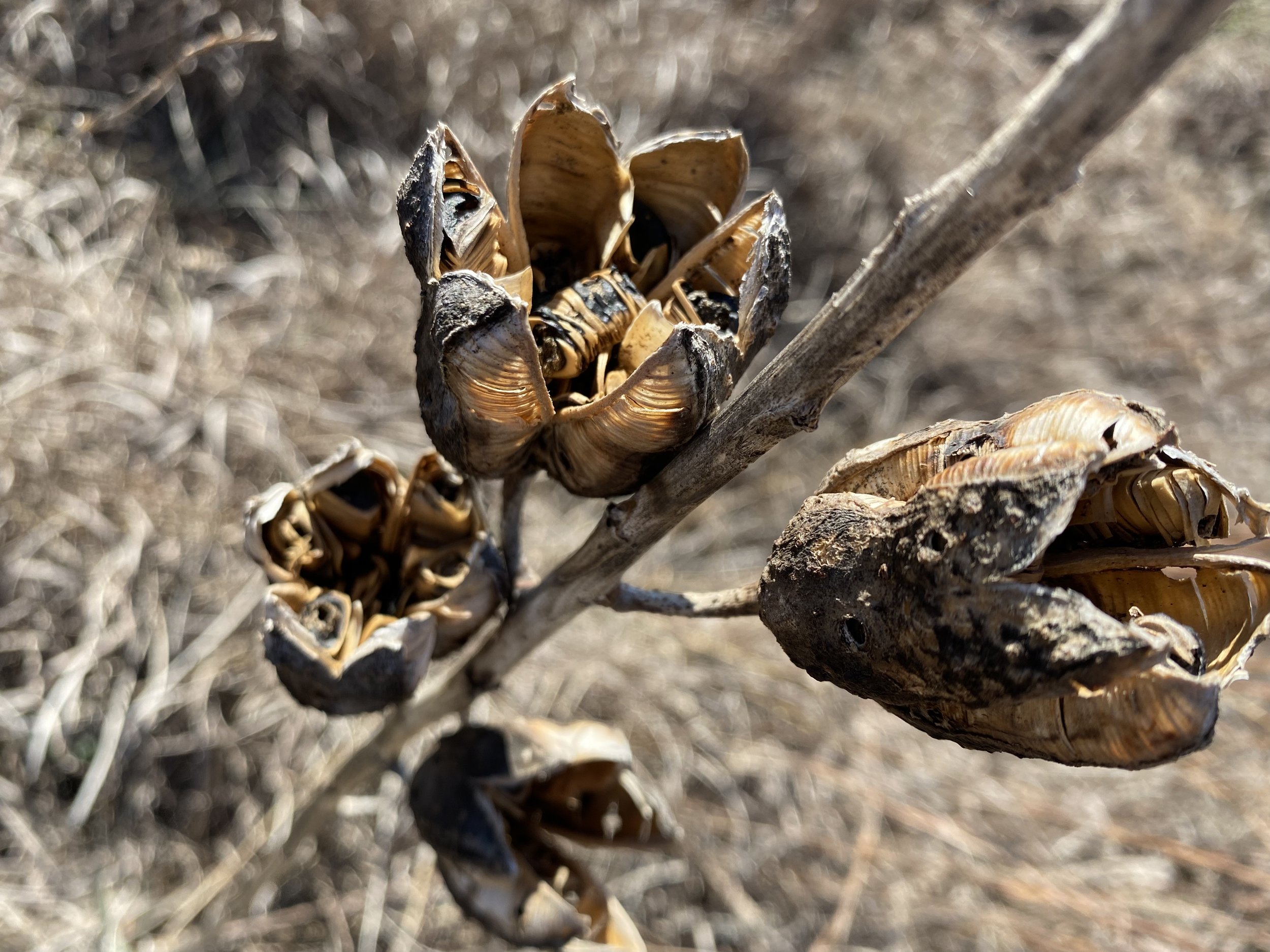
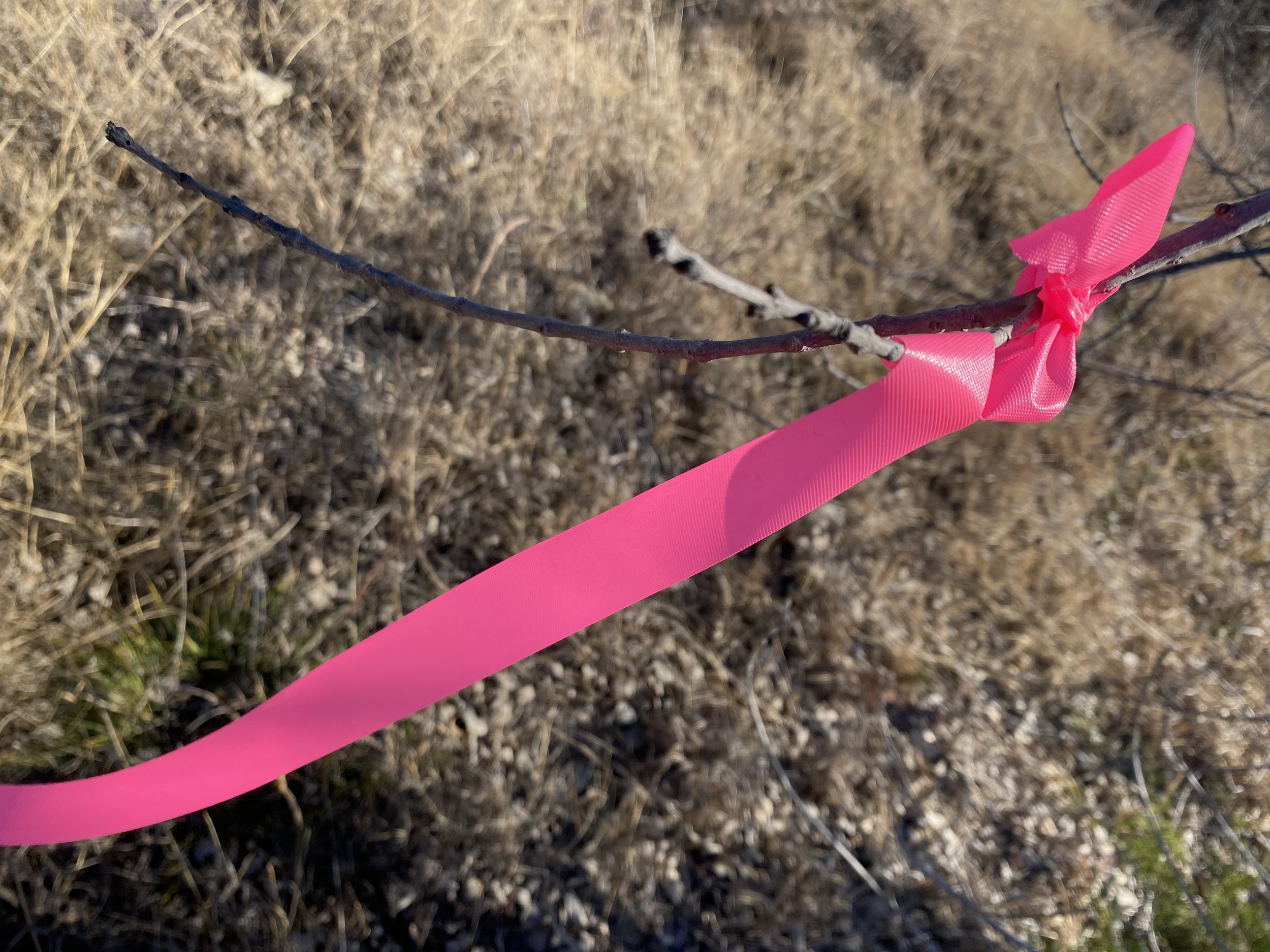
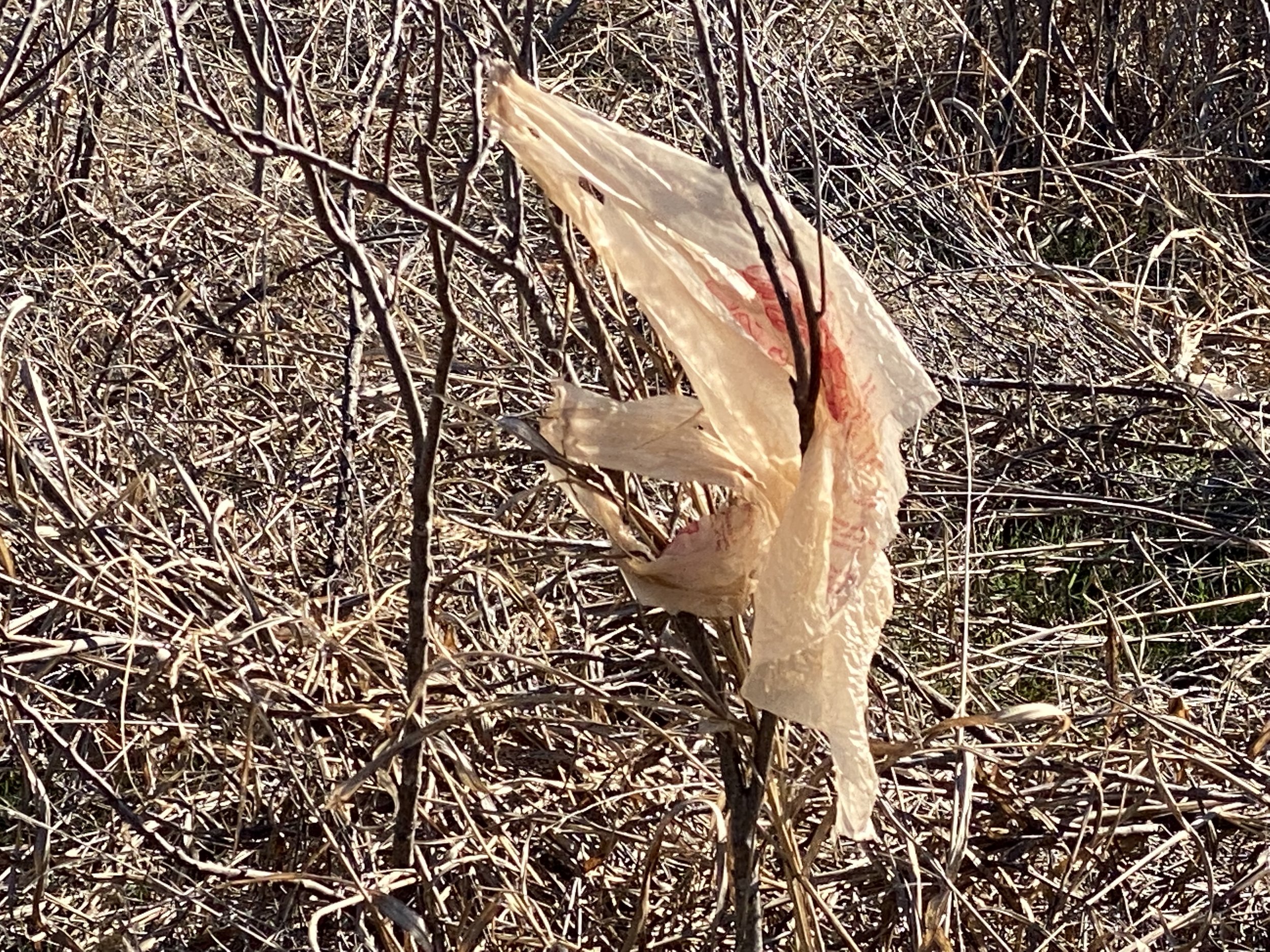
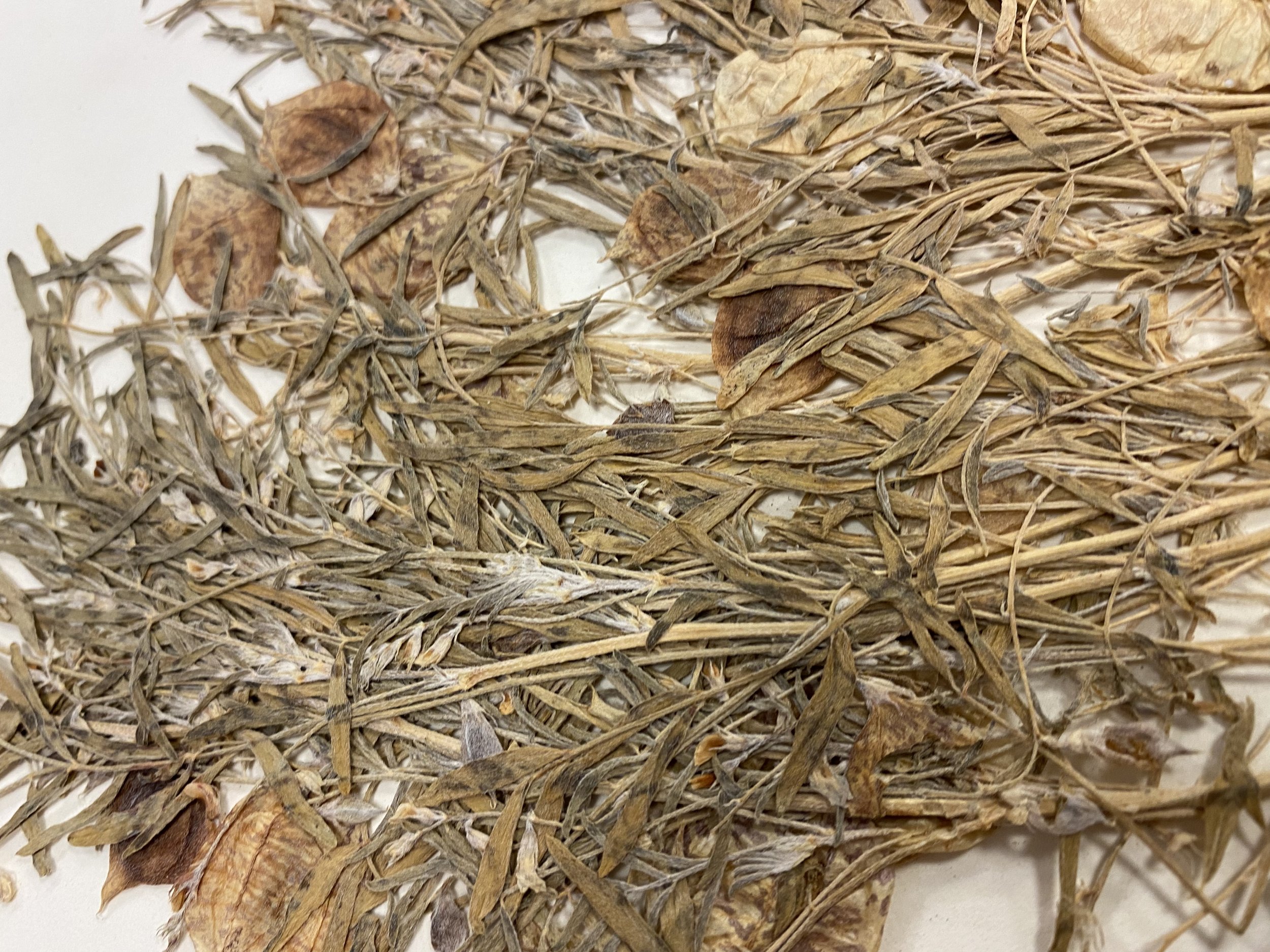
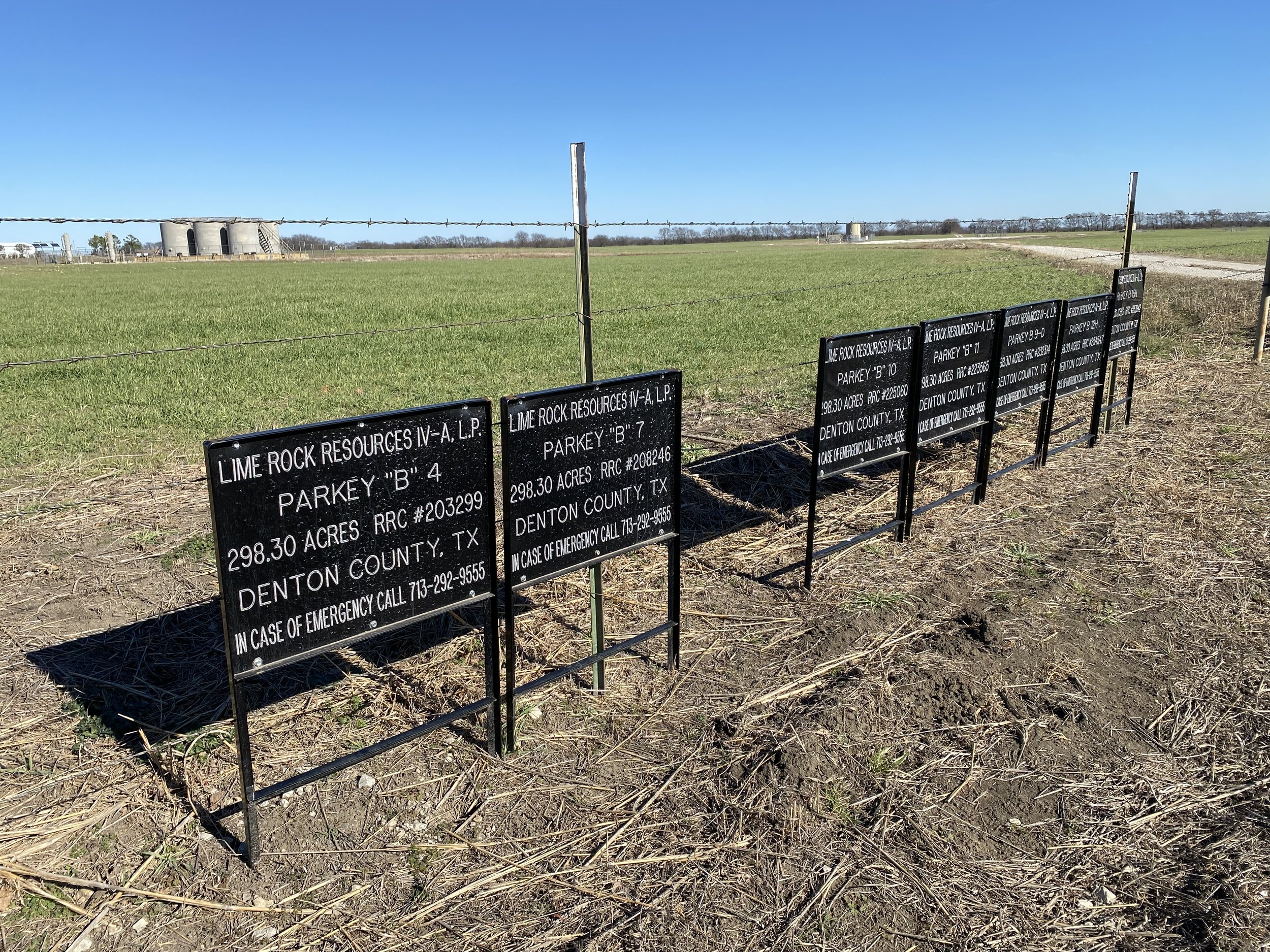
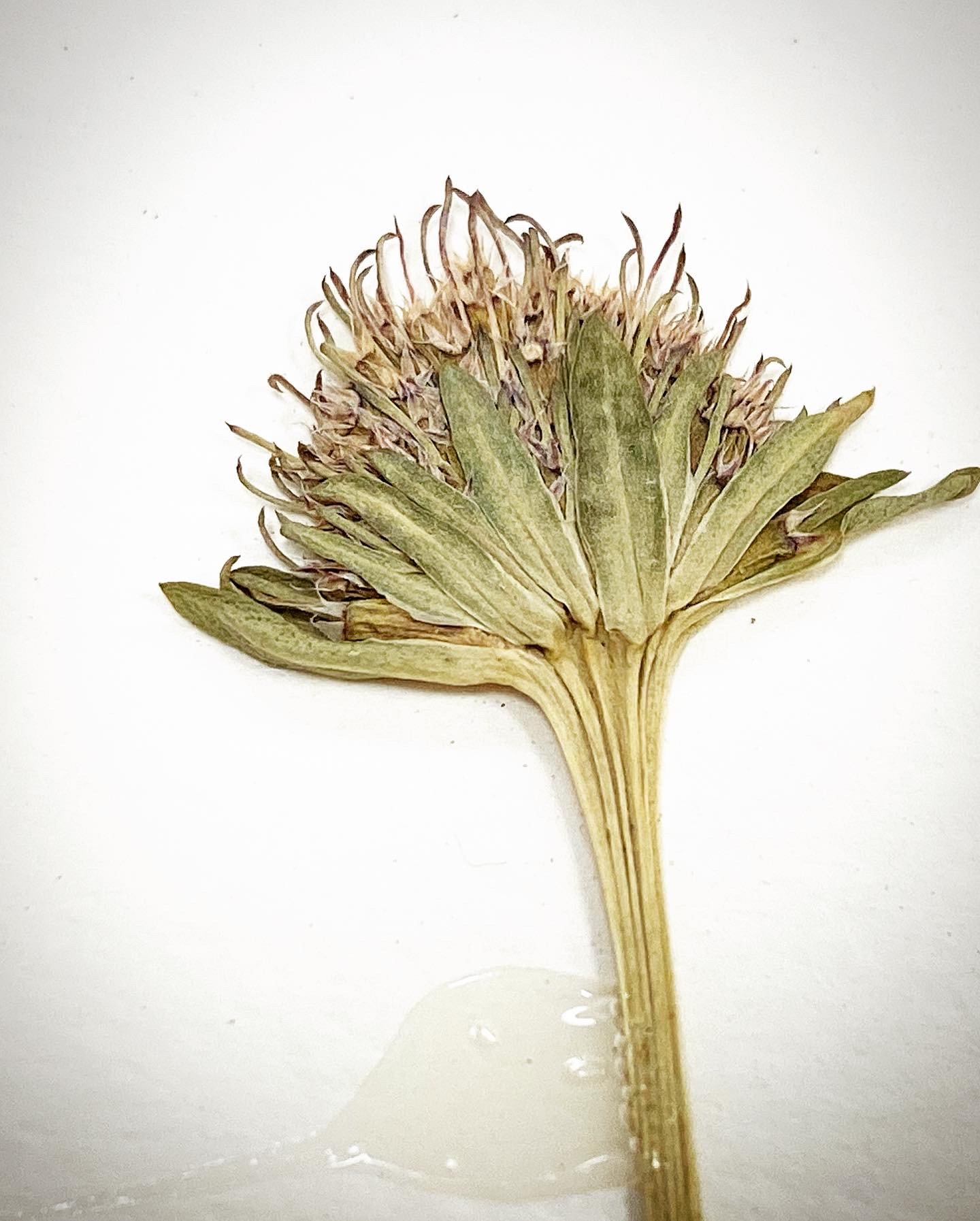
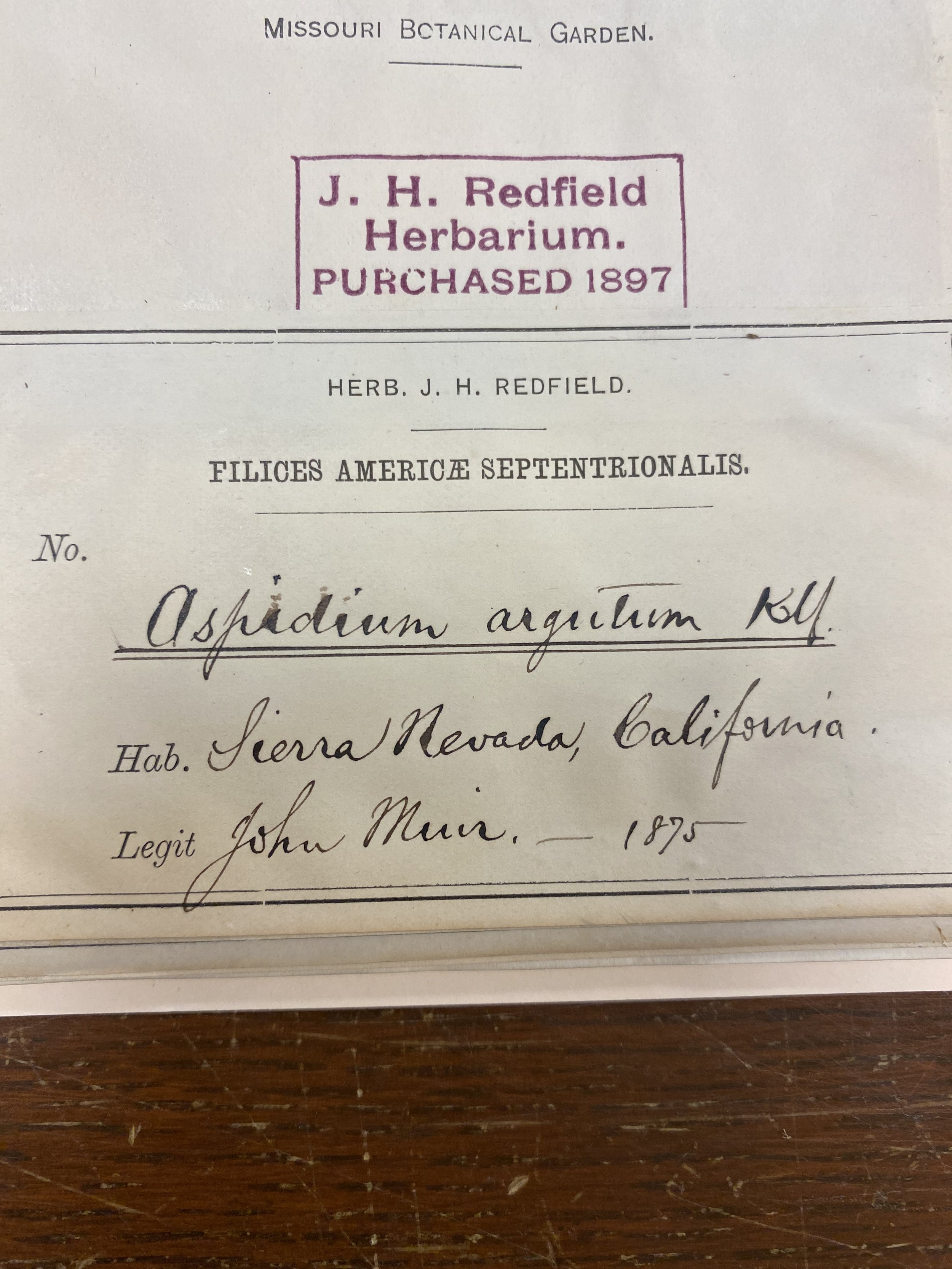
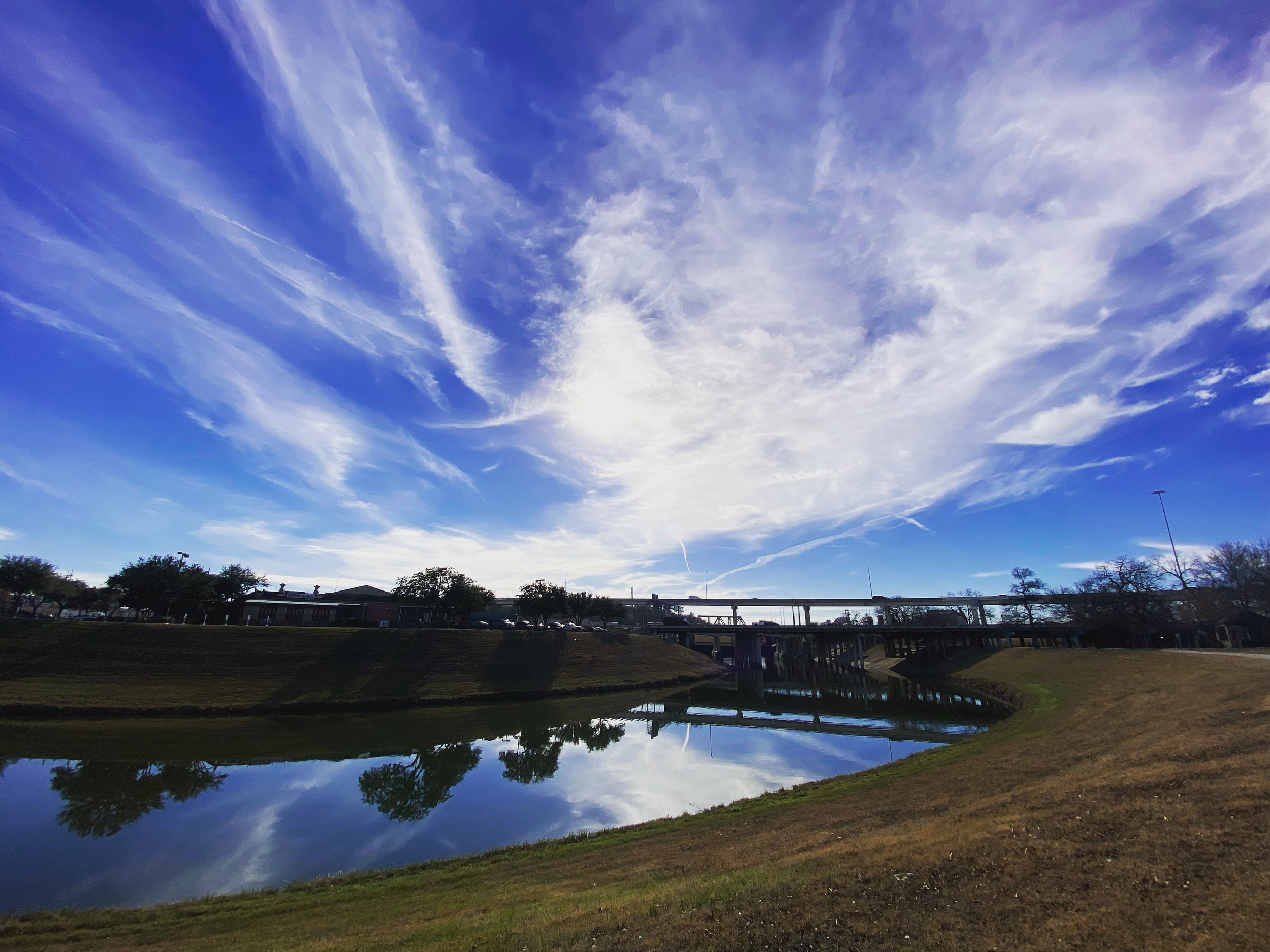
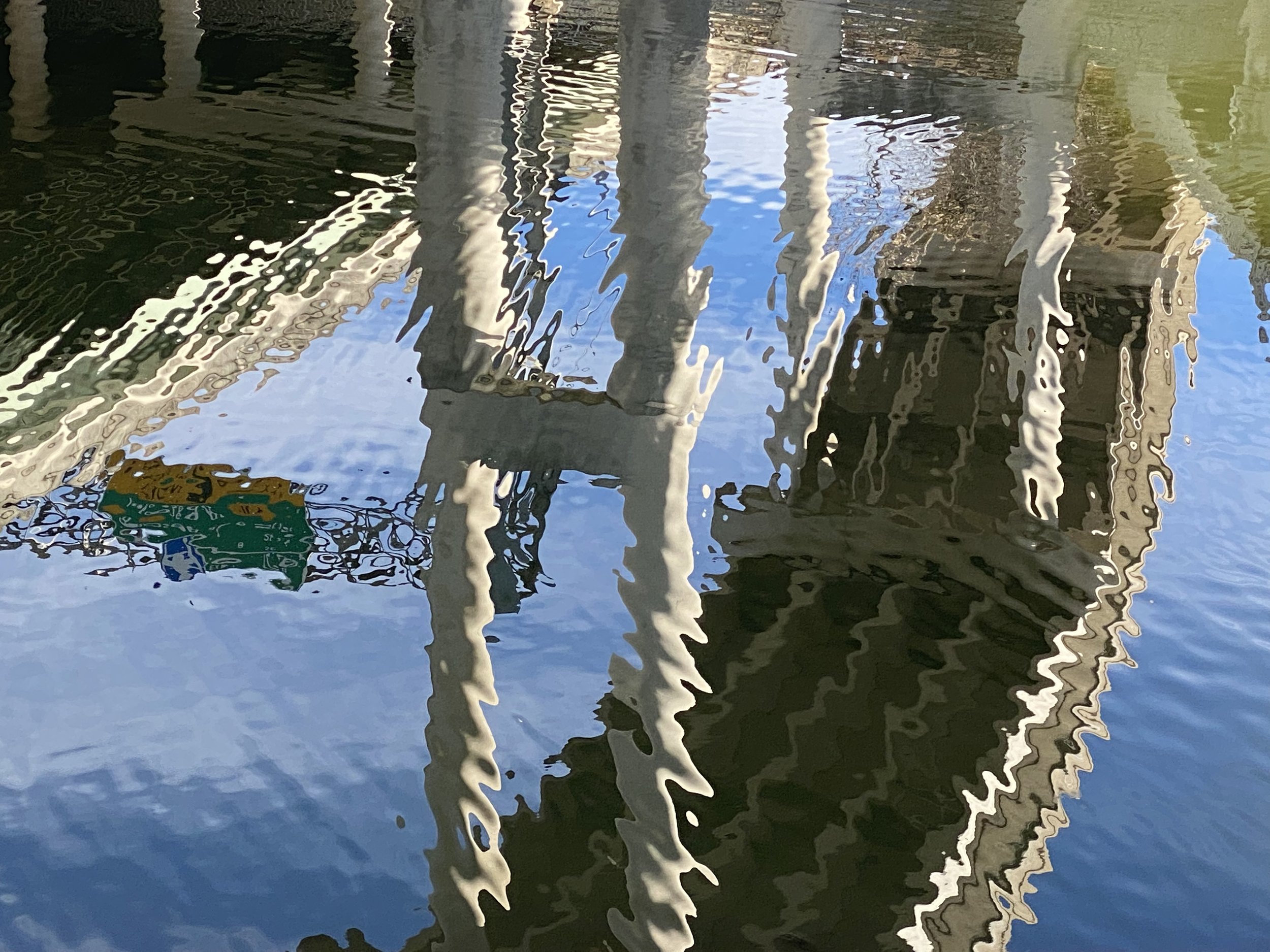
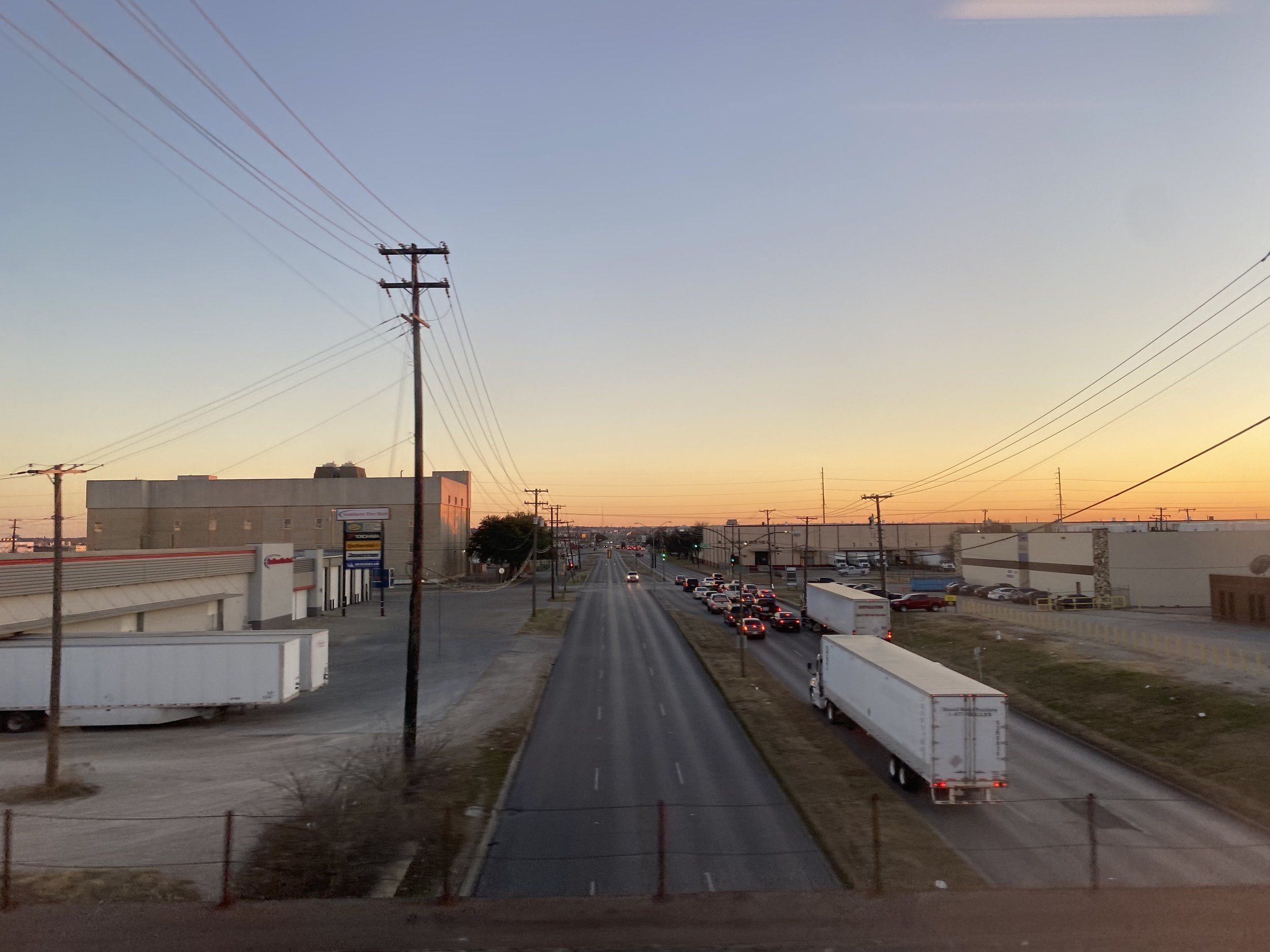
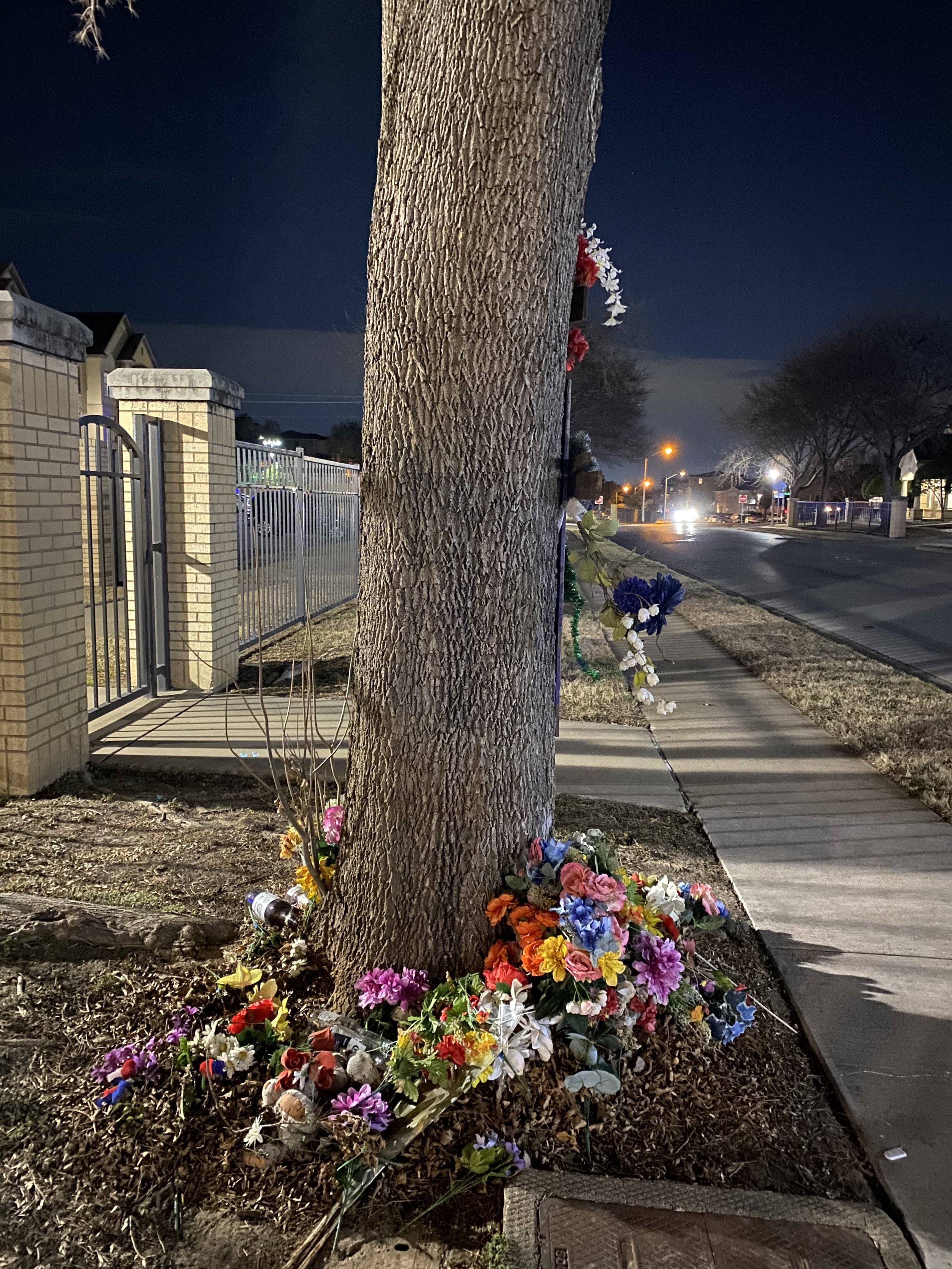
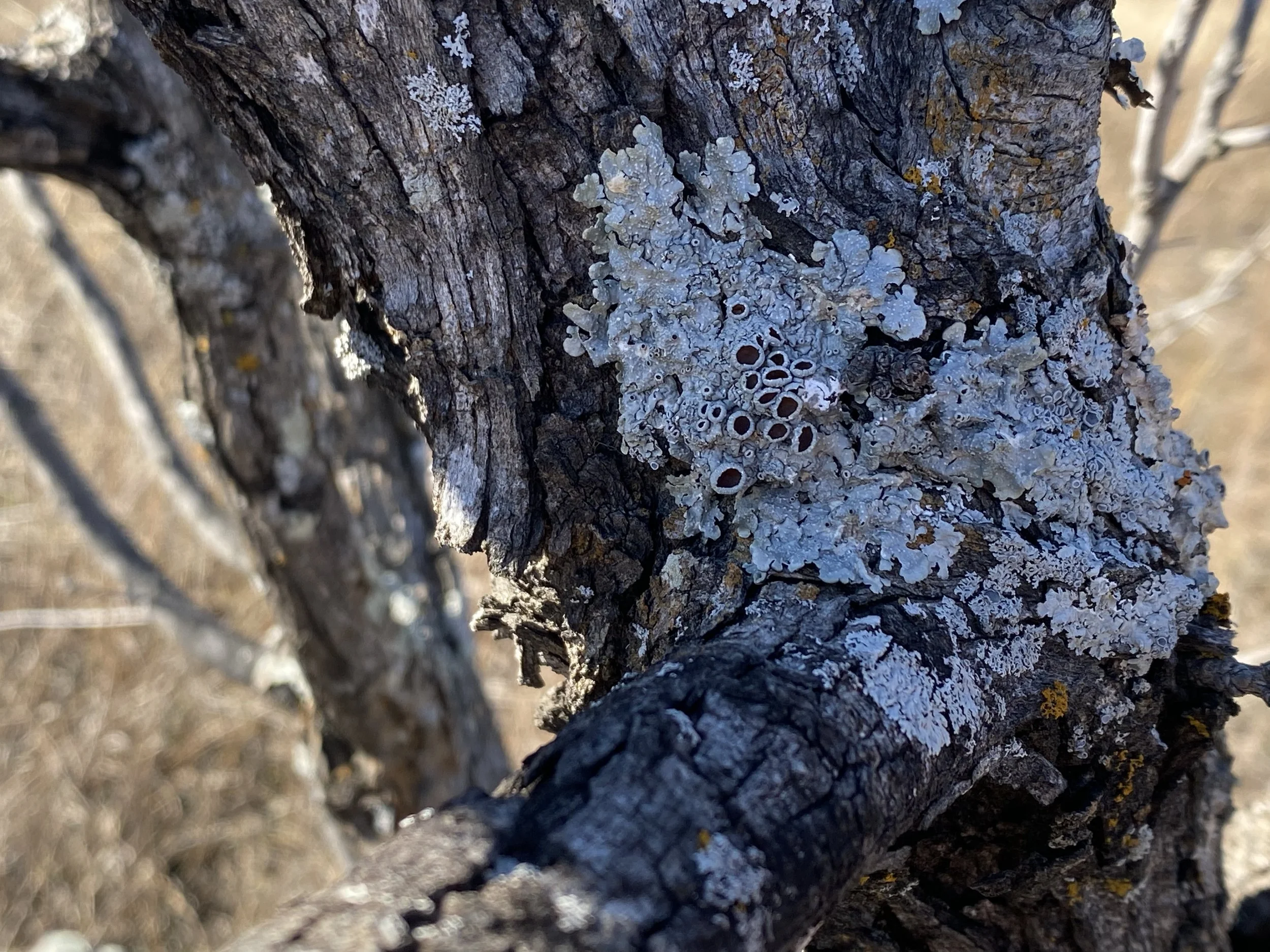
Context:
If we don’t fully understand and situate the deaths of our loved ones, then how do we begin to grieve for a planet that is experiencing its own 6th mass extinction? Perhaps most pertinently, how do we respond in the most effective ways to the crisis if we are unable to face and process its magnitude personally?
Within The Multispecies Salon, Deborah Bird Rose calls the layering of complex traumas we currently face a Double Death: “…The balance between life and death is over-run, and a relentless cascade is piling up corpses in the land of the living.” She continues: “Double death is an open secret and an open wound. At this time it is driven by humans: it is the mirror on the wall.”
We perhaps exist within a time of Great Uncoupling, of a gross estrangement from the natural rhythms of life. A sense of the natural order has been severed, potentially accelerating and distorting our sense of connection to one another and the planet we are symbiotically linked to.
Source: Notes from the Precipice / Women Eco Artists Dialogue article
‘Yours, in Extraction’ runs from 19th October > 18th November 2022
Fort Worth Contemporary Arts
2900 W. Berry St.
Fort Worth, 76109 TX
TEXAS 2022 / Fort Worth

